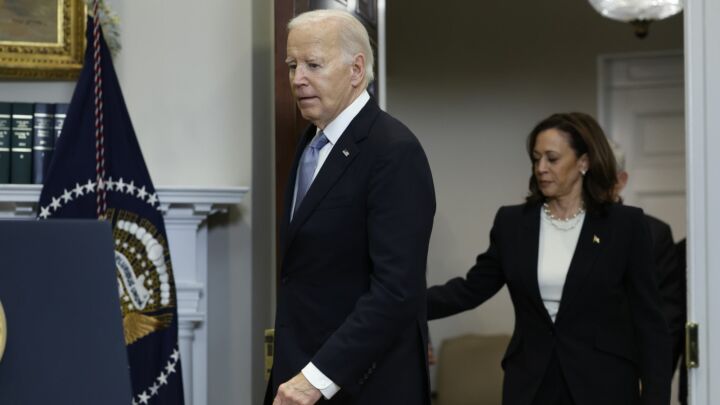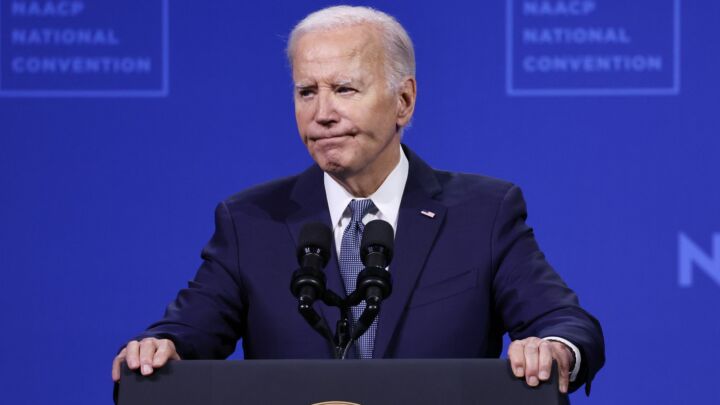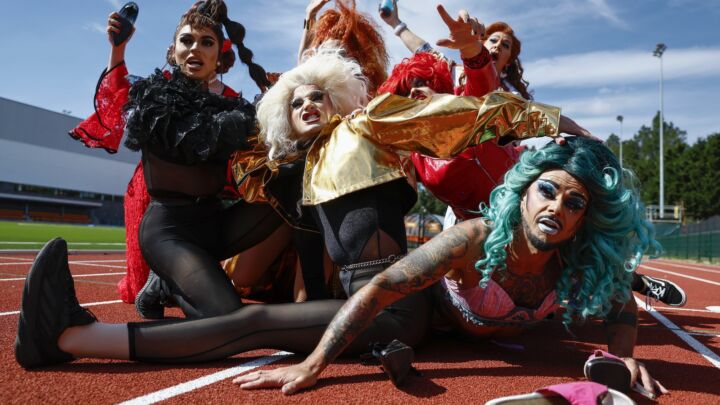Why I’m proud to be English
As a member of an ethnic minority, there is nowhere else I would rather live.

Want to read spiked ad-free? Become a spiked supporter.
Today is St George’s Day, the feast day of the patron saint of England. It ought to be a day on which to indulge in a bit of patriotism. A day to celebrate this still very green and pleasant land.
Sadly, in recent years, that has become a lot tricker, as our identitarian elites have busily peddled a dystopian vision of Englishness. They frequently conjure England up as a racist hellscape, populated by small-minded bigots and xenophobes. They see St George’s Day as a source of shame and embarrassment.
But this is an absurdly warped vision of our society. To my mind, England is a place defined by its civic-mindedness and strong sense of fair play. English people are overwhelmingly focussed on what other people bring to the table – not the colour of their skin. Of course, there are a tiny number of people who do articulate ethno-nationalist sentiments. But although their voices are amplified on social-media platforms such as X, they are very much on the fringes of English society.
This isn’t just my own opinion. Many others clearly share a positive, colourblind vision of England, too. A 2019 survey found that the vast majority no longer believe that being English is about race. Indeed, only 12 per cent of people living in England consider being white as an integral part of being English – down from 21 per cent in 2012. The people of England are far more likely to frame Englishness in terms of civic duty and social contribution – with more than seven in 10 English people believing that paying taxes in England and making positive contributions to society are important elements of English identity.
As a member of an ethnic, racial and religious minority myself, there is nowhere else I would rather live than in England. It is a land of liberty and tolerance. Of robust anti-discrimination protections and considerable religious freedom.
What’s more, English people have a history to be proud of, particularly when it comes to sticking up for the rights of others. In 1862, while the American Civil War raged across the Atlantic, Manchester’s mill workers showed their support for slavery abolition in the US by refusing to work with slave-picked cotton. A little over 80 years later, there was a similar display of solidarity with African Americans on English soil. During the Second World War, US commanders attempted to enforce American racial-segregation practices in local pubs. But the landlords of the pubs fought back, and resisted these efforts during what became known as the Battle of Bamber Bridge. According to novelist Anthony Burgess, the people of Bamber Bridge backed the black soldiers and refused the imposition of a colour bar in the town.
From opposing slavery to standing up to racial segregation, working-class Englishmen have frequently demonstrated a commitment to the freedom of all. This strain of anti-racism, informed by traditions of equality and liberty, is an integral part of our national heritage.
I know full well that Englishness as an identity has frequently been appropriated by a far-right minority. Having been raised in Luton, where the English Defence League (EDL) was formed, I’ve seen how right-wing rabble-rousers have sought to hijack the St George’s Cross and other symbols of Englishness. But this is all the more reason for those on the left to try to wrestle back the patriotic initiative by giving voice to that other version of ‘Englishness’, characterised by a commitment to tolerance and freedom.
Today, England is one of the most minority-friendly places on Earth. While some may sneer at or squirm over the sight of the St George’s Flag, it is one that fills me with pride and gratitude. My country has given me so much in the way of opportunity and freedom. That’s why I am proud to be English.
Rakib Ehsan is the author of Beyond Grievance: What the Left Gets Wrong about Ethnic Minorities, which is available to order on Amazon.
Picture by: Getty.
To enquire about republishing spiked’s content, a right to reply or to request a correction, please contact the managing editor, Viv Regan.









Comments
Want to join the conversation?
Only spiked supporters and patrons, who donate regularly to us, can comment on our articles.